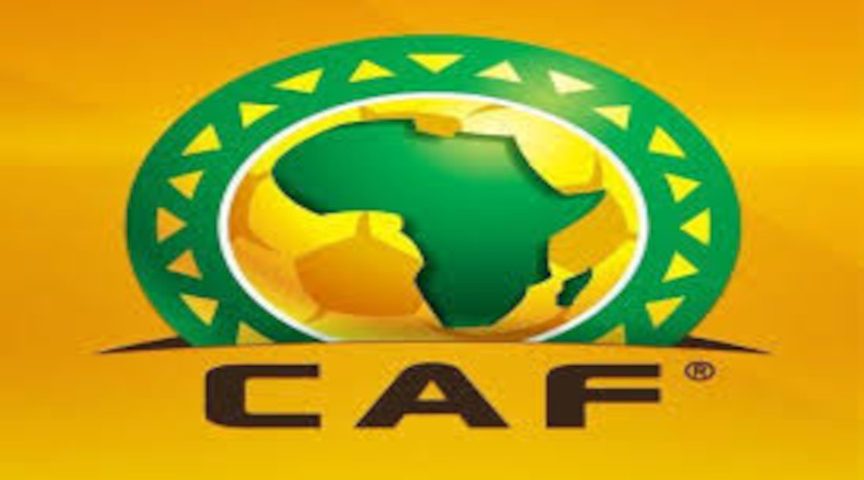African Football – A Changing World (Part Four) The Consequences of the Poisoned Chalice

African Football – A Changing World (Part One) Visions
February 14, 2021
African Football – A Changing World (Part Five) Blame
February 14, 2021African Football – A Changing World (Part Four) The Consequences of the Poisoned Chalice

By Satish Sekar © Satish Sekar (December 31st 2020)
Termination and Effects
CAF insist that given the decisions of the Egyptian Competition Authority (ECA), Egypt’s Economic Courts of Cairo and the Competition Commission of the Common Market of Eastern and Southern Africa (CCCMESA), there was no option but to end the agreement with Sports Lagardère (for further details see The Poisoned Chalice, Part Three of our series African Football – A Changing World).
Lagardère was furious, and with good reason. Its coverage of African football had been totally disrupted. South African media giants Supersport was seriously affected and enraged – it wanted compensation as did Lagardère. Supersport’s reaction took African football’s most important competitions off television screens, making it nigh on impossible for African fans to follow their teams.
Within months a bad situation became far worse as the COVID-19 Pandemic prevented attendance at matches. There was no way to follow football and observe it apart from through media. The termination of the Lagardère deal and Supersport’s reaction made it impossible.
Now, when it was most needed, there was no agreement – at least in swathes of Africa that had depended on Lagardère and Supersport for coverage – to provide African football fans with access to important African matches.
Responses
Caught in an impossible position, CAF made it clear to Lagardère that ‘Termination of the Agreement is the legal consequence of the decisions’ mentioned previously.
In a press release, CAF pointed out that it had ‘invited Lagardère to discuss appropriate next steps and cooperation to ensure the fulfillment (sic) of the obligations toward sponsors, licensees and football fans with respect the current competitions. Lagardère has not taken CAF up on that invitation.’
What was CAF supposed to do?
Some commentators claim CAF should have had a replacement for Lagardère ready? How could it do that? The decision of the Egyptian Economic Courts may have been expected, but it was not certain until it was delivered. Termination was a possibility, but it was not an absolute requirement until the convoluted process had ended.
CAF had to wait. It was not as if CAF rushed to ditch Lagardère. It didn’t, but after the various bodies’ decisions, what choice did CAF have but to comply? CAF had to negotiate very troubled waters. On one side there was an incensed Lagardère and Supersport and on the other there were sponsors, fans and others who wanted to see African football. None were satisfied and they still are not.
It is a mess – no doubt about that – but how can Ahmad Ahmad be held responsible for this? It was not his deal, but the fallout affected him as some blamed him for not having access to top African football. It will likely carry on. Now that Ahmad Ahmad has been banned by FIFA – the signatories of this deal have not been despite a finding of fraud by Egypt’s Economic Courts – it will be a matter for his successor to deal with.
Will he blamed as well? Other matters, illustrating my favourite phrase ‘Qui benefacit aminæ (who benefits [the most])? arose from this (s

